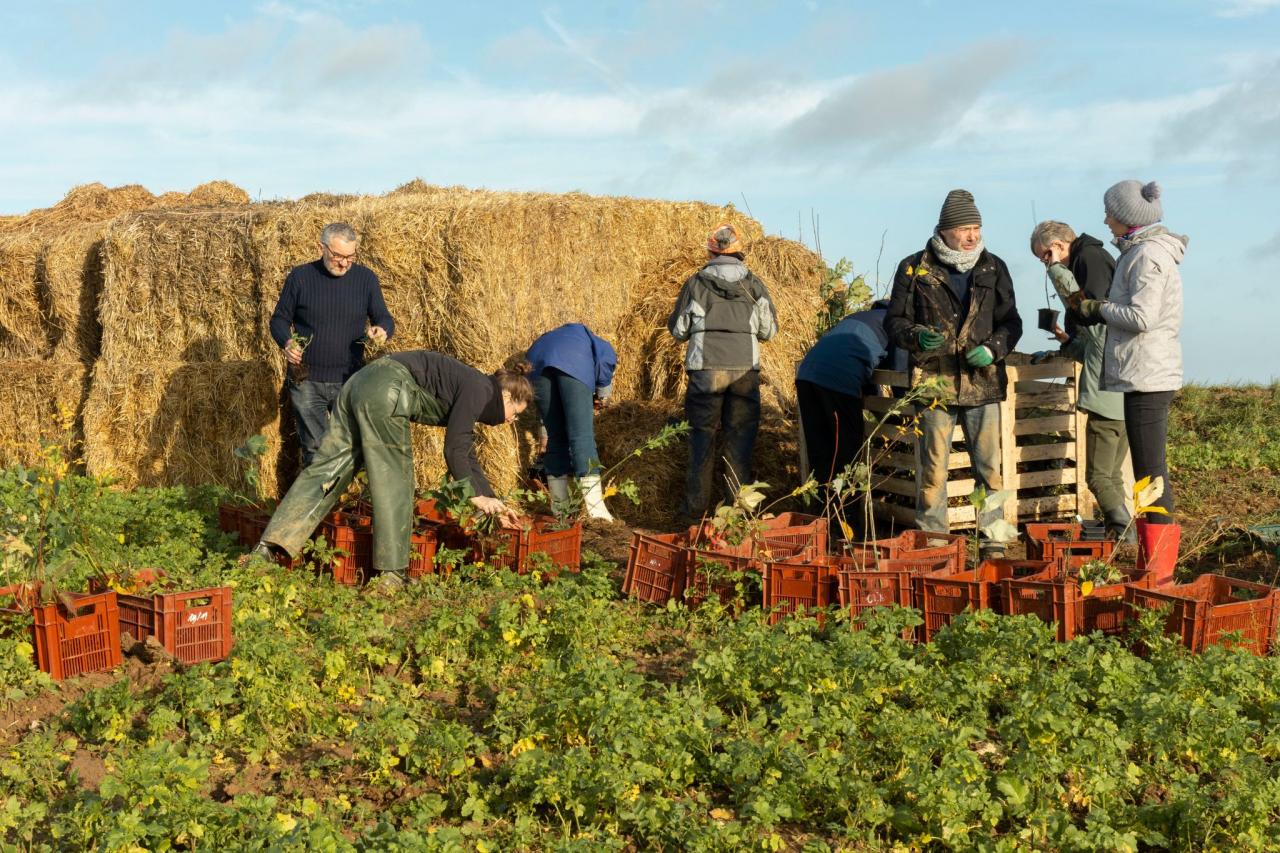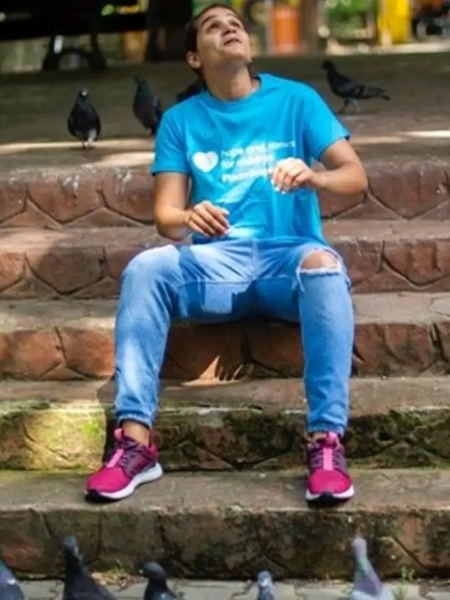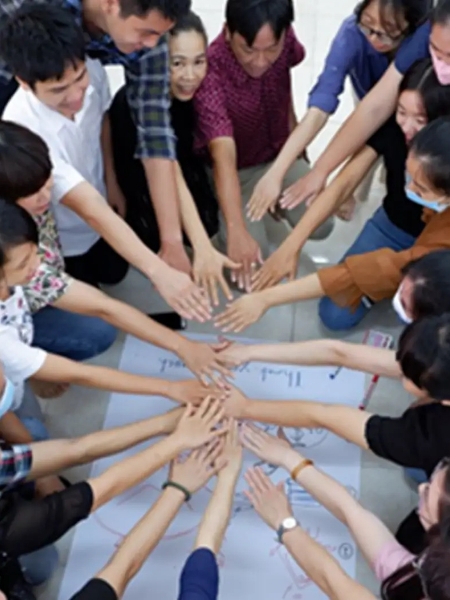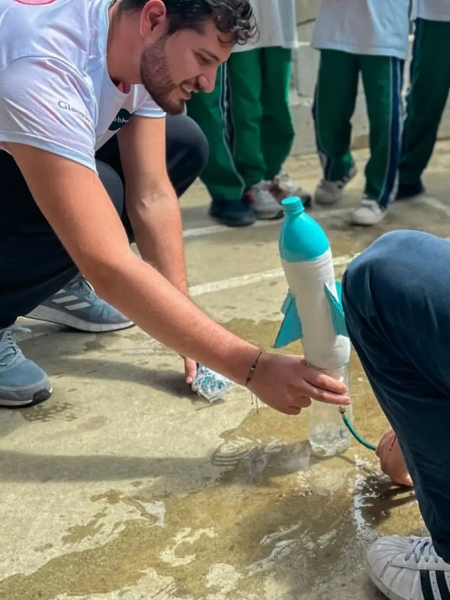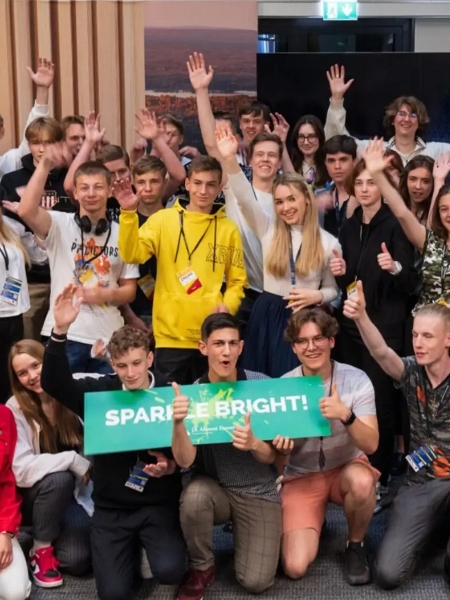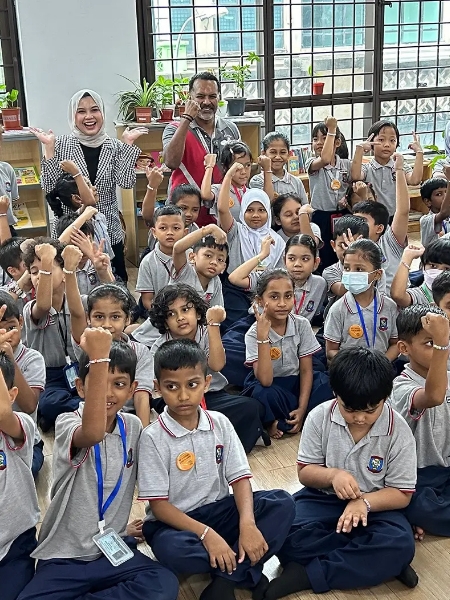Fermes d’Avenir
Think Human Fund
Mission & History
Fermes d’Avenir is an association of the « Groupe SOS » that has been supporting the development of agroecology since 2013.
Its mission is to accelerate the agricultural transition in France, by growing agroecological farms throughout the country. Its vision is illustrated by the Flower of Agroecology: farms that feed the population with healthy and quality food, while preserving the planet’s natural capital and guaranteeing a viable, livable and resilient activity for farmers.
To implement this vision, the team of around twenty people organizes the programs around 4 poles:
• Tools: to discover and document models of agro-ecological farms that successfully combine environmental and social commitment with economic performance.
• Training: in theory and practice, to give the next generation of farmers the keys to successfully setting up and sustaining their farms
• Support: to accelerate the development of agro-ecological projects led by farmers, local authorities or companies
• Financing: with Blue Bees, the French participative financing platform dedicated to agro-ecology and sustainable food.
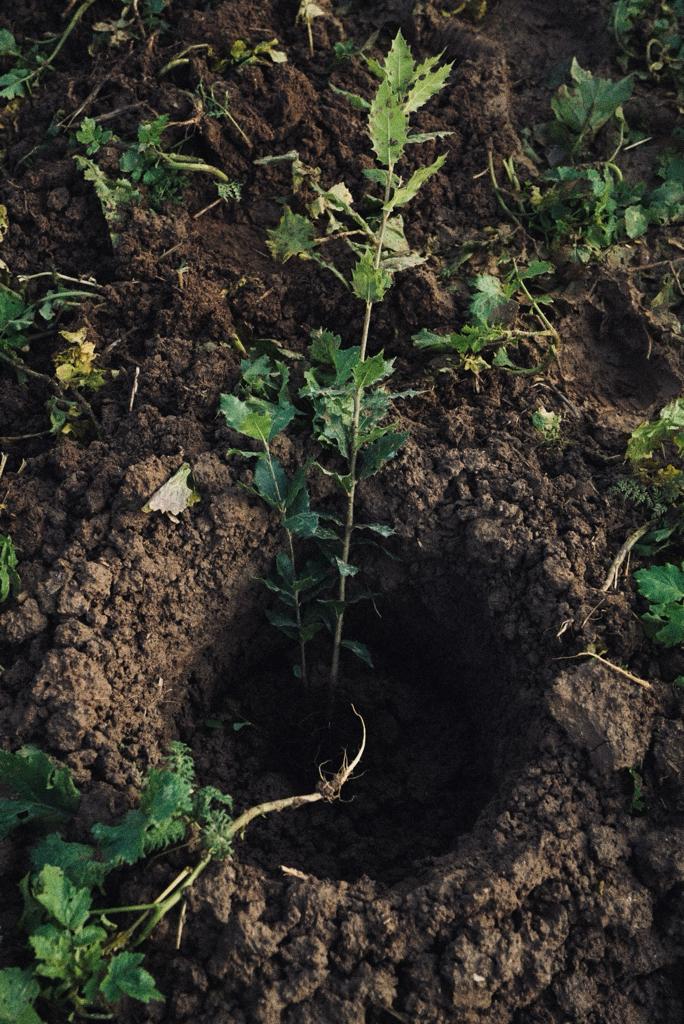
Country Information
The Need
Since 2020, the Fermes d’Avenir association has been aiding farm projects that reintroduce trees into agricultural systems. Farmers increasingly seek to plant trees to restore ecosystems and diversify their farm activities.
Designing these projects requires expertise in aligning with the farm’s profile, selecting local species, and ensuring proper tree care for optimal growth and ecosystem benefits.
These projects enhance environmental performance and offer economic benefits, such as timber, energy wood, fodder, and fruit, while also fostering local social engagement through community tree-planting efforts.

